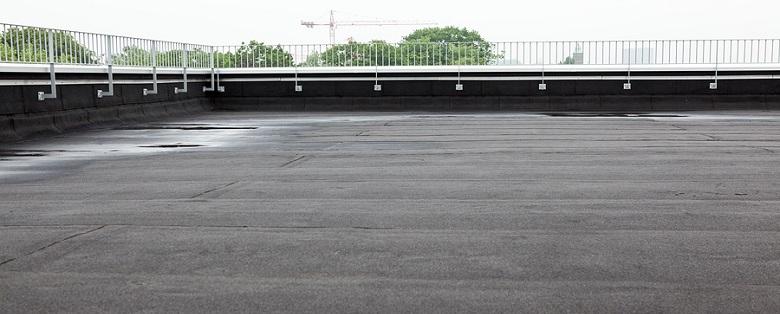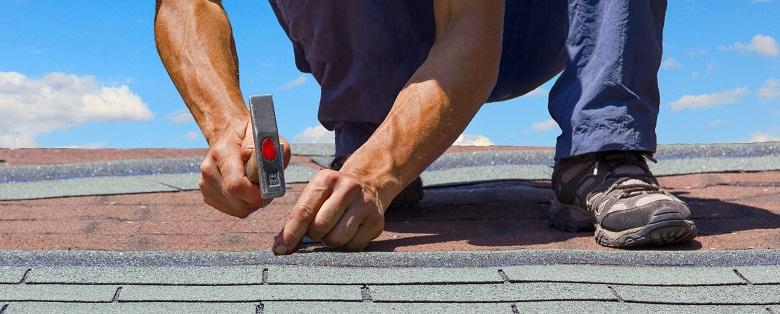
There are many different options available to protect commercial roofs. One of the most commonly installed products is modified bitumen, an asphalt material that has been in use since the 1950's. This type of roofing is often a favorite for buildings with flat or low slope roofs due to its relatively low cost in comparison to many other types of membrane systems and its other positive features.
When modified bitumen roofs are properly installed by experienced roofers, this material may be a perfect choice for your building.
Advantages of Modified Bitumen
When researching the various materials available for use on commercial roofs, consider the important and cost-effective advantages that modified bitumen offers you, such as the following:
- Durable, Tear-Resistant, and Long Lasting - Modified bitumen is a fabric that consists of asphalt, fiberglass, and polyester. It is flexible and highly resistant to tearing and impact and available in multiple thicknesses, making it a durable choice for most flat and low sloping roofs. Due to the way it is manufactured, it is unlikely to develop cracks like other materials. When modified bitumen roofs are correctly installed by experienced roofers, this material can last twenty years or more. Modified bitumen is also a lighter-weight and cleaner option than messy and heavy built-up BUR roofs that can crack and experience many other problems.
- Weather and Waterproof - Modified bitumen makes a reliable and waterproof membrane similar in reliability to EPDM and other products, regardless of the method used to apply it. This is due to the fact that there are no exposed seams left that could become a source of leaks after. When correctly installed, this material is also extremely durable against UV destruction, wind, hail, fire, impact from debris, and other extreme conditions.
- Easily Repaired and Maintained - Routine maintenance of modified bitumen commercial roofs is fast and easy, and is focused on ensuring that the flashing and edges stay properly adhered. It should also be observed for problems such as wrinkles and ponding. In the event that problems do arise, they can be easily repaired by using adhesives and patches.
Are There Any Disadvantages?
The main disadvantage of modified bitumen roofs is its black color, which can cause it to absorb the sun’s UV rays, heating up the building below. This lack of thermal efficiency is a concern as it could result in higher energy costs to keep your building cool. Fortunately, this can be easily remedied so you experience greater thermal efficiency and lower utility bills.
To achieve the highest level of reflectivity with such an installation, roofing experts who install modified bitumen roofs typically do two things:
- A coating of asphalt granules is applied over the top of the installation to increase this material's reflectivity.
- The surface must be coated with special UV reflective preparations that reduce the amount of heat that passes through the materials and into the building. Other types of radiant barriers can also be used on these installations to further increase thermal efficiency.
Based on the information above, it is easy to see how modified bitumen can be a durable and cost-effective option for flat and low slope commercial roofs. There are a number of methods that can be used to quickly and easily install this material on roofs, and it requires little more maintenance than regular inspections. Provided your modified bitumen roof is built correctly by skilled roofers, you should experience years of reliability to protect your building!
